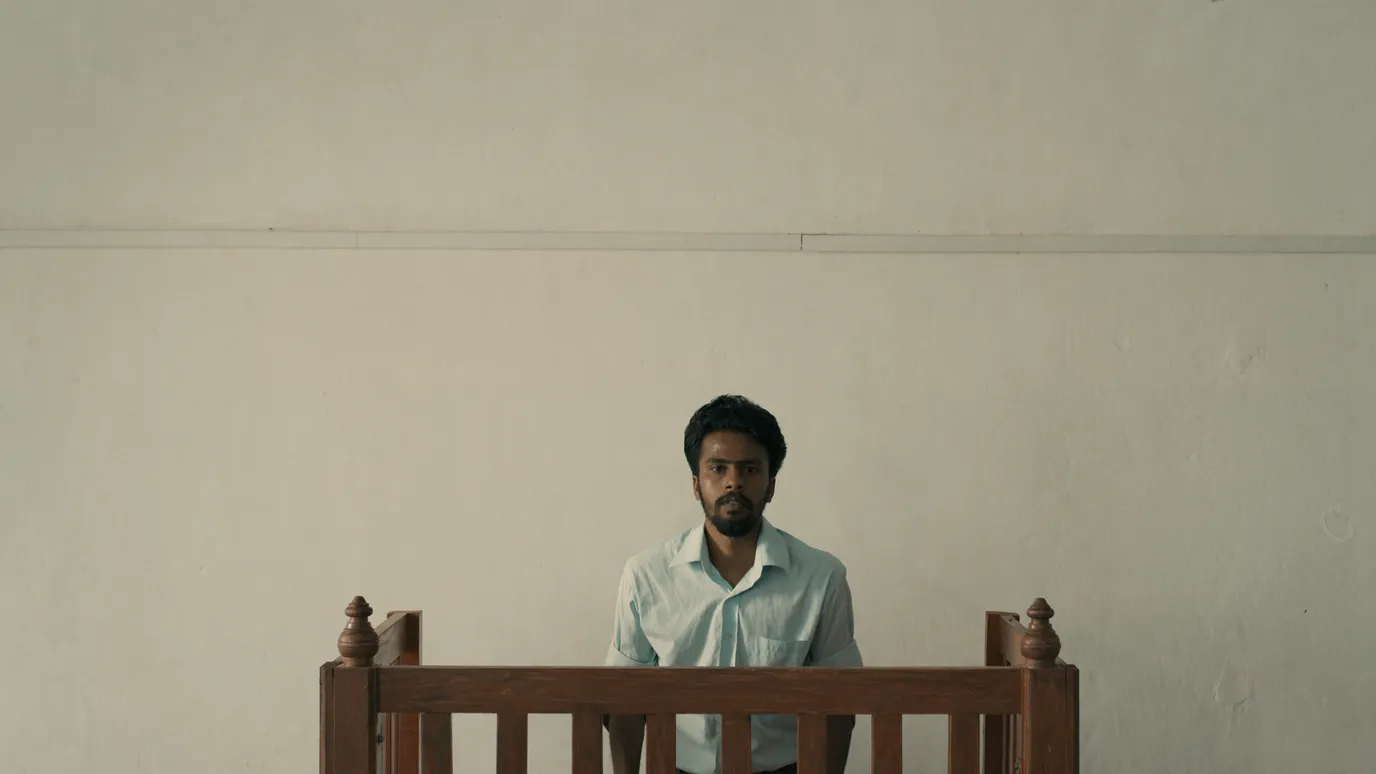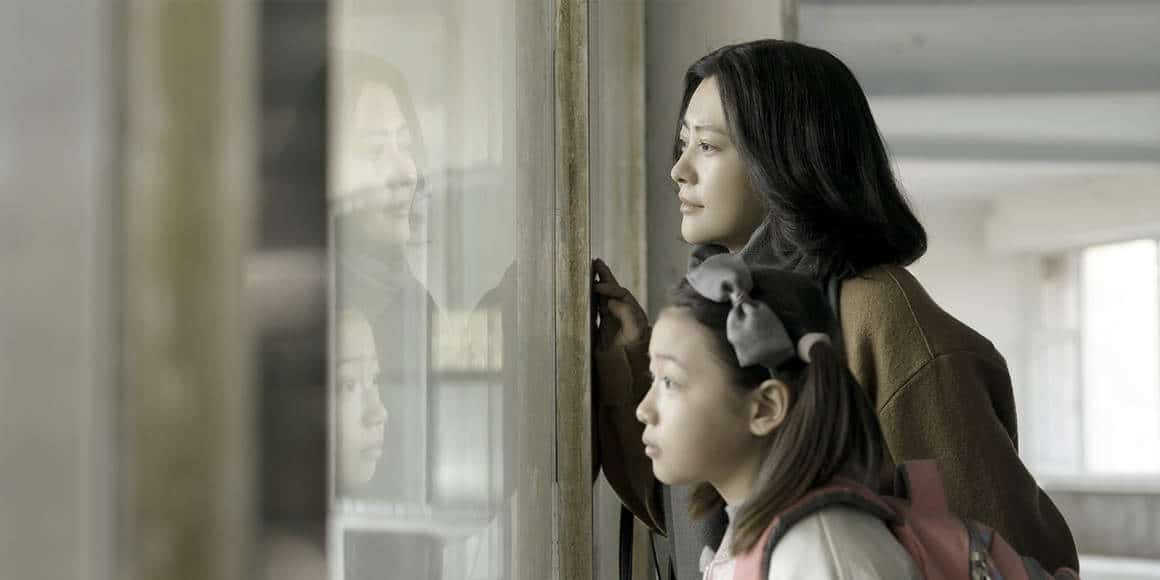“Forbidden Door” was the winner of the Best of Puchon Award at the 2009 Puchon International Fantastic Film Festival, it was screened in festivals in the UK, Canada, Spain, Netherlands, USA, etc and gained favorable reviews from Time magazine and Hollywood Reporter among others. The script is adapted from the homonymous novel by Sekar Ayu Asmar.
In distinct noir fashion, Gambir is a famous sculptor, who exclusively creates black statues of pregnant women. He appears to have it all, money, fame, a beautiful wife, Talyda, and two brotherly friends, Rio and Dandung,who are absolutely loyal. The sole thing that is missing is a child, and his mother is constantly nagging him to try harder to produce one. While everything in his life seem normal, as the film progresses, strange things start happening and a few mysteries are revealed.
What is concealed inside the belly of his statues? Who is sending him messages begging for help? What is hidden beyond the red door in the basement of his house and why Talyda does not wish him to go in the room? What is the role of the Herosase company in it all? Is Gambir going crazy? Above all, where does reality stop and fantasy begin?
Joko Anwar, who also wrote the script, directs a film that sublimely combines the artistic with the grotesque, in a noir setting. This combination is elaborately portrayed by the concept of the black statues of pregnant women, which, occasionally are shaped in extreme poses, like a perverse remake of the famous ones by Rodin and the mystery of what is hidden in their bellies. Furthermore, when it is revealed, the story takes a turn towards the almost blasphemous.
This turn is intensified when Herosase enters the picture, and those appalling videos appear on screen. With this concept, and the fact that Gambir's statues are very popular, Anwar makes a clear comment about human nature, which seems to crave for the grotesque, in every form.
The combination of artistry and exploitation finds its apogee in the dinner scene, probably the most bloody and perverse in the film. The scene is wonderfully cinematographed by Rahmat Syaiful, who paints it in an intense red, which is only surpassed by the red of the blood that flows into the screen. The subtle and atmospheric music induces the sequence with an ironic essence, similar to that of Park Chan-wook's movies, while Fachry Albar gives a recital as Gambir, appearing calm inside his truly psychopathic behavior.
A phrase that synopsizes a large part of the film is also uttered in this scene by Gambir: “No child wants to be born. Every child is brought to this world simply because his parents fuck each other. But some parents should be forgiven because they give love to their children”.
As the borders between reality and fantasy fade, particularly due to Gambir's mental state, the film becomes a bit confusing, with the open ending, which is actually presented in three utterly different sequences, adding to this sense even more. However, Wawan I. Wibowo's editing keeps the changing setting from becoming too confusing, while retaining the noir-style pace.
“Forbidden Door” is an elaborate film, both technically and aesthetically, which retains the interest for all of its duration through the constant plot twists. In general, one of the best noir-thrillers of the last decade.


















